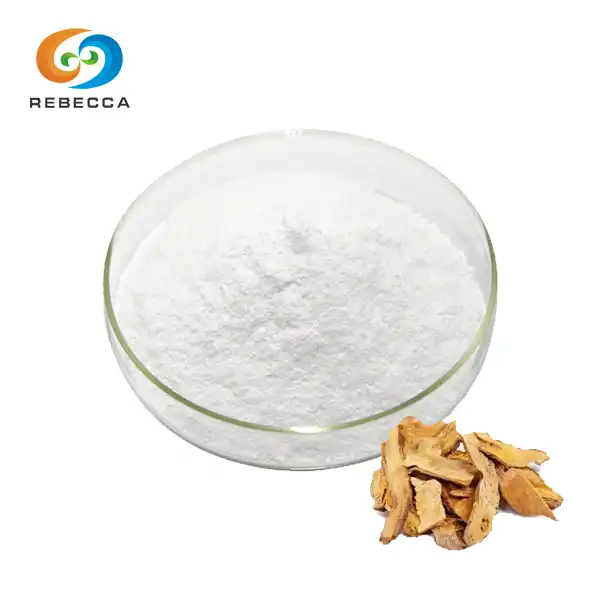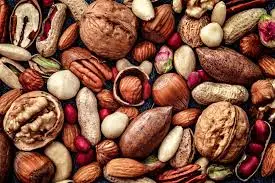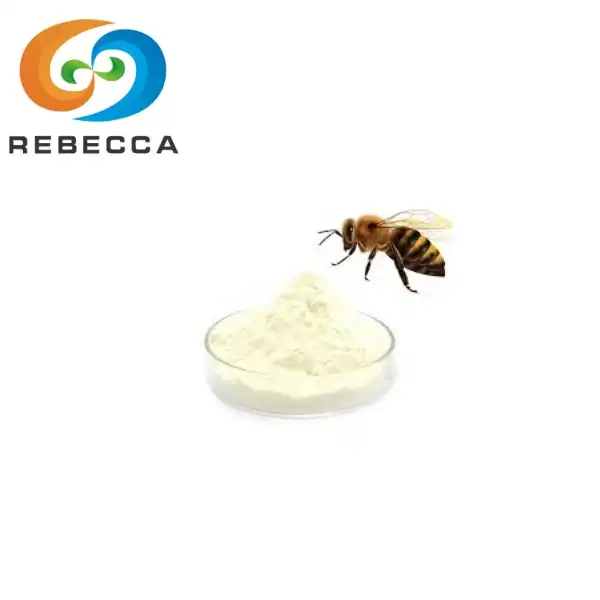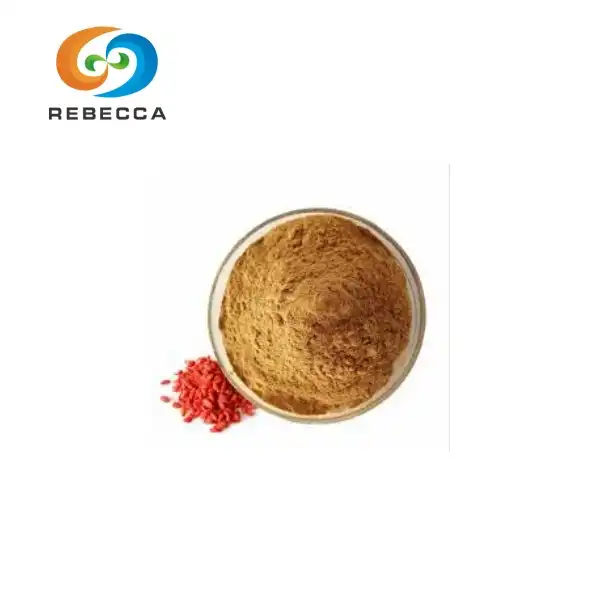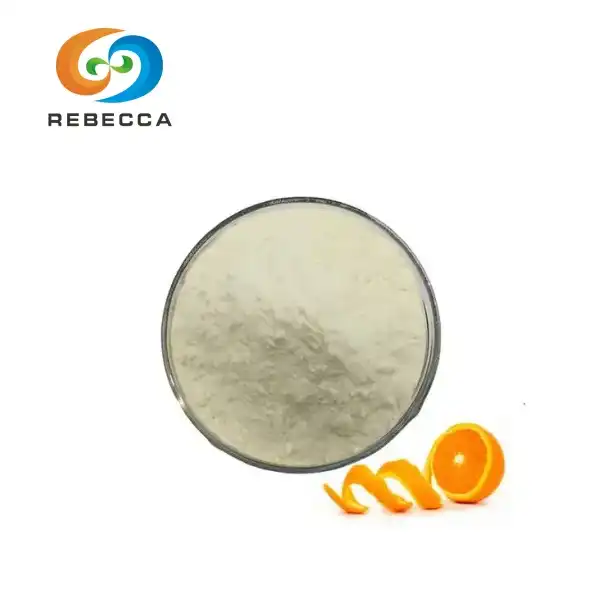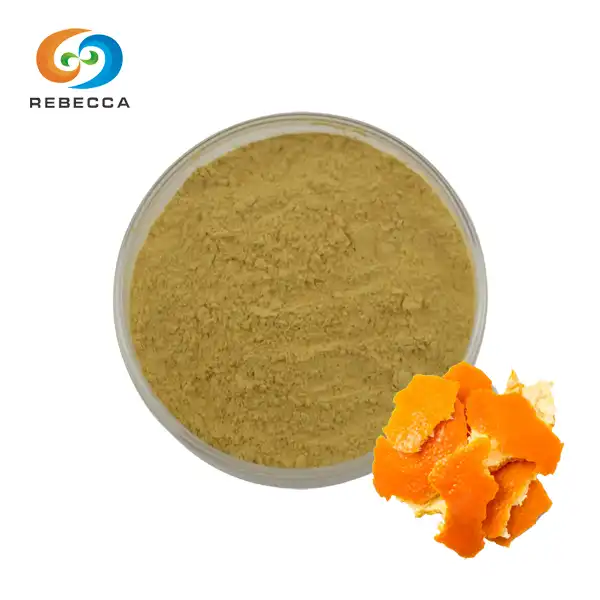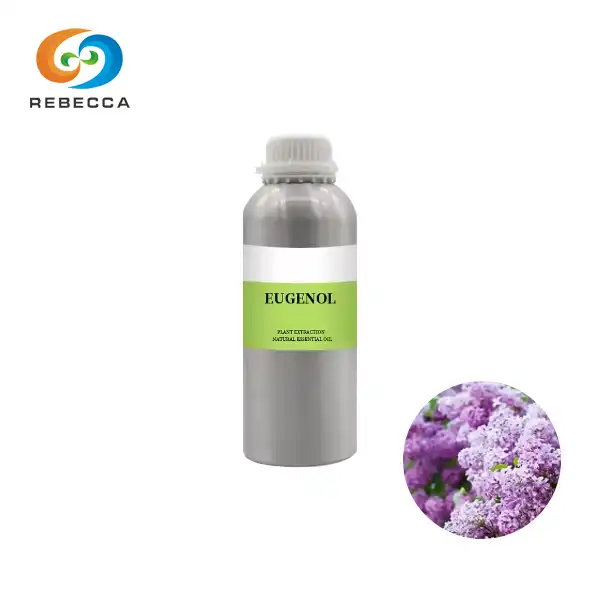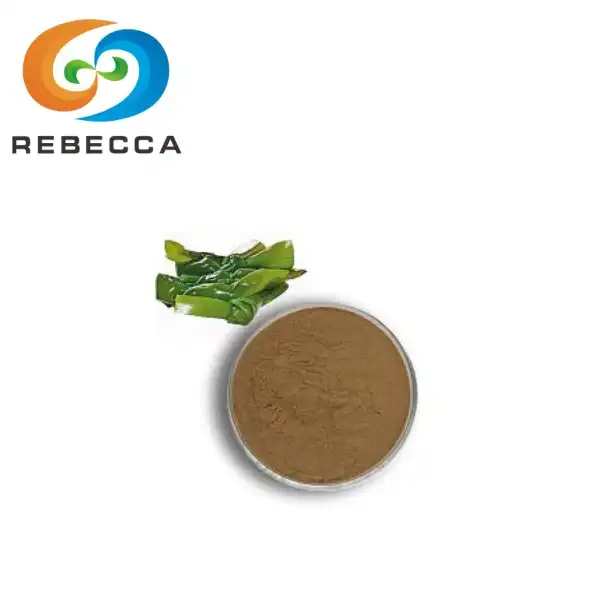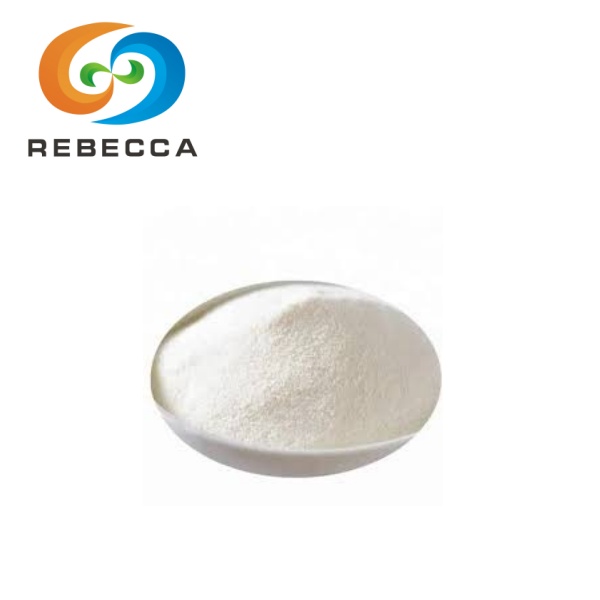Best natural sources of resveratrol for your diet
While resveratrol supplements are available, obtaining this beneficial compound from whole foods is often the preferred approach. Here are some of the top natural sources of resveratrol you should consider adding to your diet:
Red grapes and red wine
Red grapes are perhaps the most well-known source of resveratrol. The compound is primarily found in the skin of the grapes, which is why red wine, produced by fermenting grape skins, is particularly rich in product. However, it's important to note that while red wine does contain resveratrol, excessive alcohol consumption can negate any potential health benefits. Moderation is key.
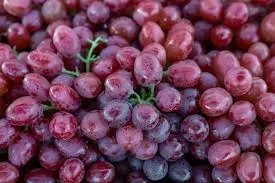
Berries
Various types of berries are excellent sources of resveratrol. Blueberries, cranberries, and mulberries are particularly noteworthy. These vibrant fruits not only provide product but also offer a host of other beneficial antioxidants and nutrients. Incorporating a variety of berries into your diet can be a delicious way to boost your resveratrol intake.
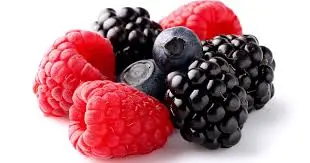
Peanuts and peanut butter
Surprisingly, peanuts are a good source of resveratrol. Both raw peanuts and peanut butter contain this beneficial compound. However, it's worth noting that peanuts are also high in calories, so portion control is important if you're watching your weight.
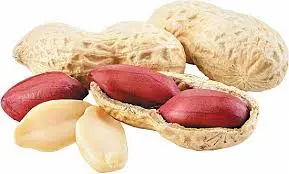
Dark chocolate
Here's some good news for chocolate lovers: dark chocolate contains resveratrol. Opt for varieties with a high percentage of cocoa solids (70% or higher) to maximize the resveratrol content and other beneficial compounds.
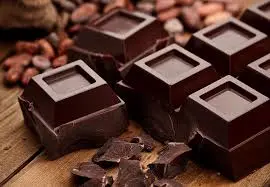
Pistachios
These green nuts are not only a tasty snack but also a source of resveratrol. Pistachios offer a unique combination of protein, healthy fats, and antioxidants, making them a nutritious addition to your diet.、

Health benefits of resveratrol-rich foods explained
The potential health benefits of resveratrol have been the subject of numerous studies. While more research is needed to fully understand its effects in humans, the current evidence suggests several promising health benefits:
Cardiovascular health
Resveratrol has been associated with improved heart health. It may help reduce inflammation, lower LDL (bad) cholesterol levels, and prevent the formation of blood clots. These effects could potentially lower the risk of heart disease and stroke.

Anti-inflammatory properties
Chronic inflammation is linked to various health issues, including heart disease, cancer, and autoimmune disorders. It has demonstrated potent anti-inflammatory effects in numerous studies, which could contribute to overall health and disease prevention.

Potential anti-aging effects
Some research suggests that product may activate certain genes associated with longevity. While the anti-aging effects of resveratrol in humans are still being studied, the compound's ability to combat oxidative stress and inflammation could contribute to healthier aging.

Blood sugar regulation
Resveratrol may help improve insulin sensitivity and glucose metabolism. This could be particularly beneficial for individuals with diabetes or those at risk of developing the condition.

Neuroprotective properties
Some studies indicate that resveratrol might have neuroprotective effects, potentially benefiting brain health and cognitive function. While more research is needed, this compound shows promise in supporting brain health as we age.
How to boost resveratrol intake naturally every day?
Incorporating resveratrol-rich foods into your daily diet doesn't have to be complicated. Here are some practical tips to help you boost your resveratrol intake naturally:
Start your day with berries
Add a handful of blueberries or mixed berries to your morning yogurt, oatmeal, or smoothie. This simple addition not only increases your resveratrol intake but also provides a burst of flavor and other beneficial nutrients.
Snack on nuts
Keep a small portion of peanuts or pistachios handy for a quick, resveratrol-rich snack. Remember to practice portion control, as nuts are calorie-dense.
Enjoy dark chocolate in moderation
Treat yourself to a small square of high-quality dark chocolate (70% cocoa or higher) as an occasional dessert or afternoon pick-me-up. This indulgence not only satisfies your sweet tooth but also provides a dose of resveratrol.
Incorporate grapes into your meals
Add red grapes to your salads, cheese boards, or enjoy them as a refreshing snack. Remember, the resveratrol is primarily in the skin, so opt for whole grapes rather than peeled ones.
Try a resveratrol-rich smoothie
Blend red grapes, blueberries, and a spoonful of peanut butter for a delicious and nutritious smoothie packed with resveratrol and other beneficial compounds.
Consider cooking with red wine
While moderation is key with alcohol consumption, using red wine in cooking can be a flavorful way to incorporate product into your meals. Try adding a splash to sauces or stews for depth of flavor and potential health benefits.
Experiment with mulberry tea
Mulberry tea is not only a soothing beverage but also a source of resveratrol. Consider swapping your usual afternoon tea for a cup of mulberry tea occasionally.
Conclusion
Incorporating resveratrol-rich foods into your diet can be a delicious and potentially beneficial way to support your overall health. From vibrant berries to indulgent dark chocolate, there are numerous options to choose from. Remember, while product shows promise in various areas of health, it's essential to maintain a balanced diet and healthy lifestyle overall.
If you're considering significant dietary changes or resveratrol supplementation, it's always wise to consult with a healthcare professional first. For more information about our product and other natural herbal extracts, please contact us at information@sxrebecca.com. Our team of experts is always ready to assist you with any questions or inquiries you may have about our high-quality natural products.
_1730691017423.webp)




